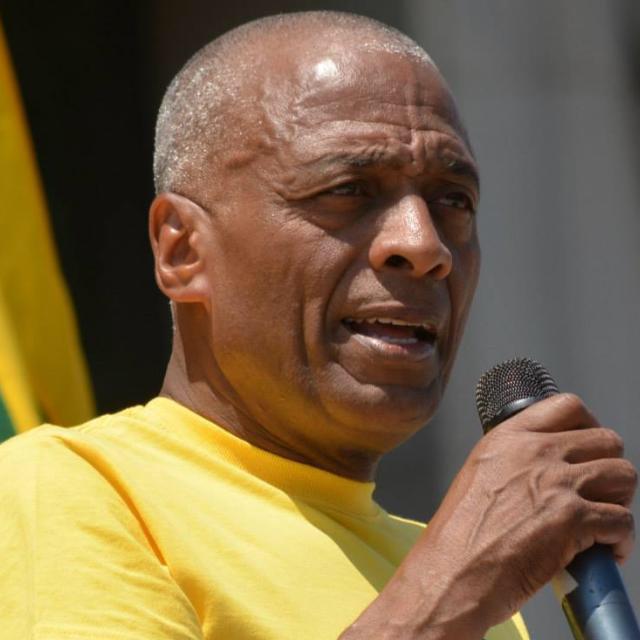Conditions for Most Blacks Worse Now than When Dr. King Lived

On August 28th thousands will gather on the mall in Washington DC to commemorate the 1963 march where Dr. Martin Luther King gave his “I Have A Dream” speech. Those who are unable to attend tomorrow will be having events in other cities in solidarity with the march in the nation’s capital.
That people have continued for nearly six decades to have events to commemorate the 1963 march is a testament to the power and impact of that historic event. However, as I look back on that march I am struck by the similarity of the issues that people protested then and now.
In 1953, I was born into an apartheid America which was innocuously called Jim Crow segregation. This system of racial oppression negatively affected every aspect of black life throughout the country, not just in the South.
The Civil Rights Movement destroyed the legal structure on which Jim Crow stood and the Black Power Movement inspired the election of black representatives at all levels of government where there had been none before.
Legislation like the Civil Rights Act, Voting Rights Act, Higher Education Act, Fair Housing Act and others have enabled many African-Americans to live, work, and be educated in places that were prohibited because of the color of their skin. For a brief moment during the sixties we saw some progress.
However, since the 1963 march while conditions improved for for some the fundamental over-all paradigm of white super-ordination and black subordination which has been in place since our enslavement has not changed, and conditions for the majority of black people are as bad or worse than they were when Dr. King was assassinated in 1968.
In fact, the United States is more racially segregated, more black people live in poverty and are unemployed, more are imprisoned, and the wealth gap between black and white families is greater than it has ever been. Dr. King mentioned “police brutality” several times in his “I Have A Dream” speech. Today, the police continue to kill unarmed black people in astounding numbers.
One reason for this lack of progress is that the government has always embraced piecemeal reform rather than the broad systemic change that Dr. King demanded. Remember, in 1963 it wasn’t called the march for civil rights. It was the Great March On Washington for Jobs and Freedom.
There was a list of demands that went beyond civil rights and included those that were economic in nature. Even then economic justice was on the agenda. Dr. King wasn’t the only speaker that day.
There were about a dozen. We would all benefit from listening to all of the speeches given that day. By 1967, King was demanding an end to poverty and racial inequality, a guaranteed minimum income, a living wage for workers, universal health care, quality education and decent housing for all. He was demanding an end to the war in Vietnam and using the money for it to fight poverty.
He said that a million people should march on Washington and engage in massive civil disobedience until Congress passed an economic bill of rights.
In his book “Where Do We Go From Here: Chaos or Community,“ he says that the problems of poverty and inequality cannot be solved without “a radical redistribution of power and wealth” in our society and “a radical reconstruction of our socioeconomic system.”
I truly believe that unless we are ready to pick up where King actually left off, and embrace systemic change we will remain on the treadmill that we have been on since his assassination. To move forward on the path of real social justice we must realize the progressive reforms and systemic changes that King demanded.
And we must add to that agenda reparations for the descendants of those who were enslaved in this country, and the reconstruction and reform of the police in order to bring an end to police brutality and the killing of unarmed civilians.
Black people have been oppressed in this country for four hundred years but we will not wait another four hundred years for our situation to be corrected. We will not wait two and a half centuries for the racial wealth and income gaps to be closed.
We refuse to become America’s version of an untouchable caste trapped at the bottom of society for three thousand years. We want racial, social, and economic justice, equality and equity in our lifetime. And we will fight and struggle as other oppressed peoples have done using all the means available to us until this is finally achieved.
Lawrence Hamm is the founder of the People's Organization for Progress (POP), who this year ran unsuccessfully for the Democratic nomination for U.S. Senate.





